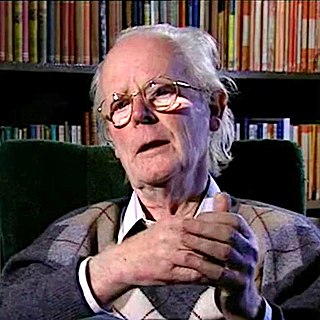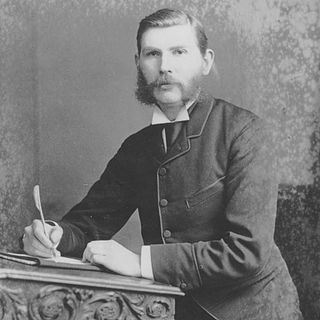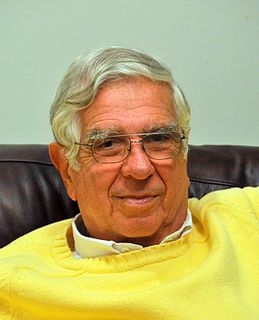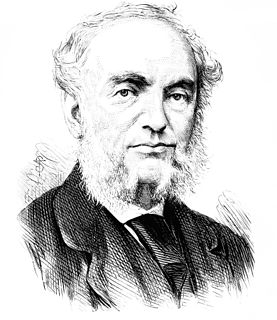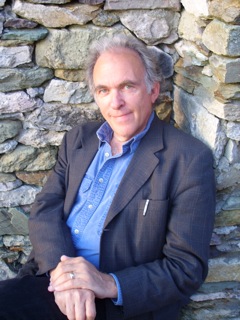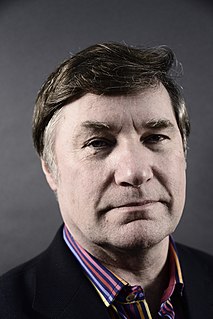A Quote by Alfred North Whitehead
The point of mathematics is that in it we have always got rid of the particular instance, and even of any particular sorts of entities. So that for example, no mathematical truths apply merely to fish, or merely to stones, or merely to colours. So long as you are dealing with pure mathematics, you are in the realm of complete and absolute abstraction. . . . Mathematics is thought moving in the sphere of complete abstraction from any particular instance of what it is talking about.
Related Quotes
To criticize mathematics for its abstraction is to miss the point entirely. Abstraction is what makes mathematics work. If you concentrate too closely on too limited an application of a mathematical idea, you rob the mathematician of his most important tools: analogy, generality, and simplicity. Mathematics is the ultimate in technology transfer.
I think mathematics is a vast territory. The outskirts of mathematics are the outskirts of mathematical civilization. There are certain subjects that people learn about and gather together. Then there is a sort of inevitable development in those fields. You get to the point where a certain theorem is bound to be proved, independent of any particular individual, because it is just in the path of development.
The research reported on in our book "A=B", has moved a whole active field of mathematics from the province of human thought to the realm of computer-fodder. It is quite exciting to think about what other fields of pure mathematics, hitherto thought to be reserved to human intelligence, might be moved to that realm next. The goal is to put ourselves out of business completely, and the work is well underway.
I do not think the division of the subject into two parts - into applied mathematics and experimental physics a good one, for natural philosophy without experiment is merely mathematical exercise, while experiment without mathematics will neither sufficiently discipline the mind or sufficiently extend our knowledge in a subject like physics.
I have tried, with little success, to get some of my friends to understand my amazement that the abstraction of integers for counting is both possible and useful. Is it not remarkable that 6 sheep plus 7 sheep makes 13 sheep; that 6 stones plus 7 stones make 13 stones? Is it not a miracle that the universe is so constructed that such a simple abstraction as a number is possible? To me this is one of the strongest examples of the unreasonable effectiveness of mathematics. Indeed, I find it both strange and unexplainable.
Pi is not merely the ubiquitous factor in high school geometry problems; it is stitched across the whole tapestry of mathematics, not just geometry's little corner of it. Pi occupies a key place in trigonometry too. It is intimately related to e, and to imaginary numbers. Pi even shows up in the mathematics of probability
All our surest statements about the nature of the world are mathematical statements, yet we do not know what mathematics "is"... and so we find that we have adapted a religion strikingly similar to many traditional faiths. Change "mathematics" to "God" and little else might seem to change. The problem of human contact with some spiritual realm, of timelessness, of our inability to capture all with language and symbol-all have their counterparts in the quest for the nature of Platonic mathematics.
Mathematics is a logical method. . . . Mathematical propositions express no thoughts. In life it is never a mathematical proposition which we need, but we use mathematical propositions only in order to infer from propositions which do not belong to mathematics to others which equally do not belong to mathematics.




